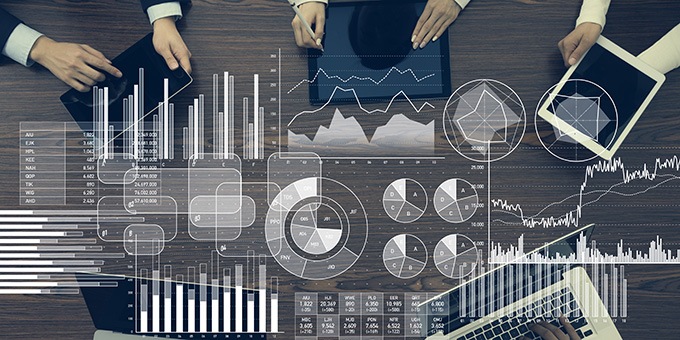

Angle

Judge the Judge by Using AI to Win Every Argument
- Cyber Breach
- 5 Mins
Artificial intelligence (AI) seems to be making its way into every area of legal practice. From helping attorneys sort through thousands of pages of eDiscovery documents to identifying relevant data, AI tools are transforming the industry. Now, many firms are turning to legal analytics programs to gain insight into the way judges rule, anticipate arguments from opposing counsel, analyze their own strengths and weaknesses, and create strategies that improve their chances of prevailing in litigation.
What are Legal Analytics Programs?
The term “legal analytics” generally refers to AI programs that analyze data sets from court dockets and other sources. The software will search for and extract data that is similar to the user’s inquiry, such as the success rate of certain arguments before particular judges. The primary goal of the software is to identify language and litigation outcome patterns to help lawyers enhance their practice in meaningful ways. Lawyers can use this data to make critical decisions about legal arguments, filing locations, strategy, expert witness selection, and other case components. These types of features and capabilities make legal analytics tools invaluable to litigators.
Similar to predictive coding software, users initially need to teach and train these legal analytics programs (algorithms) in order to obtain the most accurate and valuable results. Arguably, this is the most crucial element of legal analytics. Legal language is often unstructured and difficult to classify. Tagging and “cleaning” the data teaches the software the underlying meanings of complex legal terms and concepts which, in turn, reduces the risk of generating unreliable results.
Why Should Firms Use These Programs?
By pinpointing very specific litigation trends, legal analytics programs can offer lawyers with vital information that can transform their practice. Below are some significant benefits to using legal analytics:
Improving arguments and strategy:
After gaining insight into what language or arguments have proven successful in past cases, lawyers can then specifically craft their approach to greatly improve chances of a positive outcome. For example, say a lawyer researches an issue for an upcoming motion and finds that past litigators commonly used two different arguments to reach a desired outcome. Legal analytics can help the lawyer quickly determine which argument has a better success rate before the presiding judge, provide optimal language to use in briefs and oral arguments, offer data to support their arguments, and create a prediction of the judge’s ruling. Firms can also use these AI tools for analysis of numerous other things, such as expert witnesses, opposing counsel, and self-evaluation. All of these applications will improve overall strategy and practice tactics.
Cost efficiency:
As with many new technologies that legal professionals use, legal analytics tools can cut down on spending and allow lawyers to allocate their time more judiciously. Instead of spending hours on end trying to determine trends and statistics on a certain issue or case component, lawyers will have fast access to this data and can spend their time honing strategy, advising current and prospective clients, and winning their cases.
Increased client satisfaction:
Higher success rates, decreased costs, and better case predictions will always appease clients. Legal analytics can also help predict the length of a case, which can provide cost and risk assessment that helps a client decide whether they should push forward or settle a case.
Things to Consider Before Employing Legal Analytics Tools
While these tools can provide firms with many benefits, they still have some potential downfalls and may not be suitable for everyone. The initial training can be time consuming, challenging, and costly. Sources may contain misinformation or complex ideas that trainers will need to research and modify so the program can provide accurate data. To determine if legal analytics programs are worth the investment, firms should evaluate their cost and workforce allocation then, compare it against the time and money needed to implement the software successfully. A firm that apportions a large amount of resources to tasks that legal analytics software can perform and tailor to their needs will find that the investment will surely pay off and provide major benefits.
As with all the other AI tools that have made their way into the legal practice, legal professionals can expect more innovation, improvement, and widespread use of legal analytics tools in the near future. If one thing is for certain, it is that AI will continue to transform and supplement the legal practice.
The contents of this article are intended to convey general information only and not to provide legal advice or opinions.
